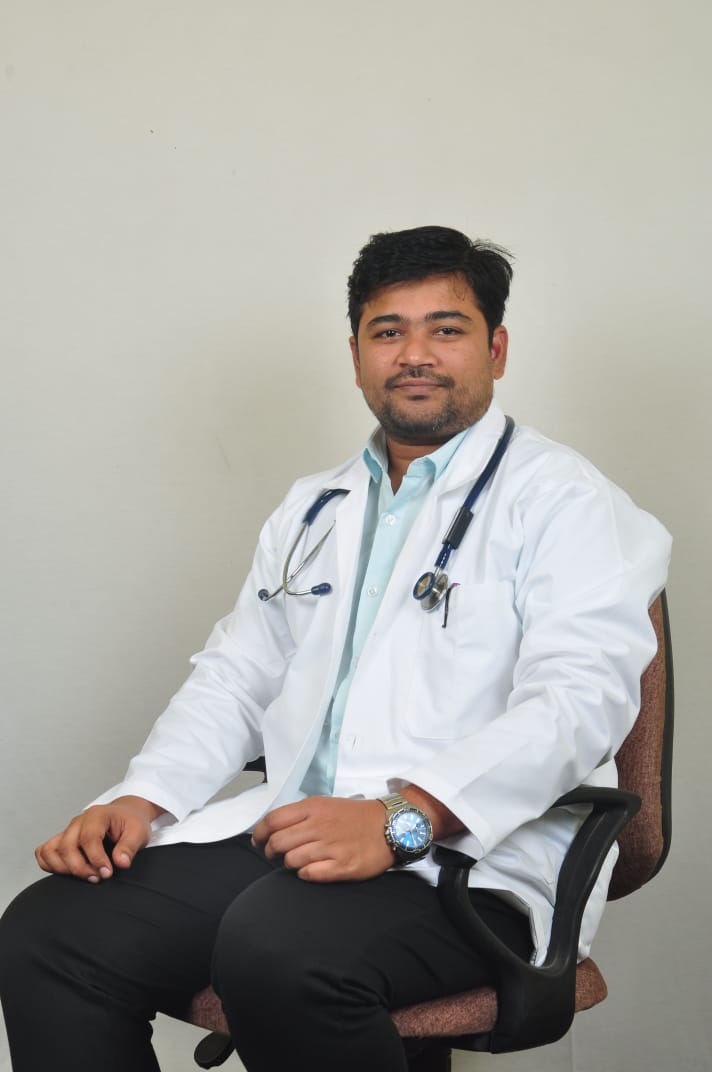Get a detailed diagnosis and suitable treatment for rotator cuff repair in India at HeptaCare Health. Consult the highly experienced surgeons to undergo Rotator Cuff Repair Surgery.
Happy Patients
Disease
Hospitals
Cities
Rotator cuff injury surgery is a specialised medical procedure designed to repair torn tendons in the shoulder. These tendons are integral to arm mobility and stability. When they tear, they can cause severe discomfort and limit your ability to move your arm freely.
Performed by seasoned orthopaedic surgeons, rotator cuff repair surgery is typically conducted on an outpatient basis, so you don’t have to worry about extended stays at the hospital. It’s an incredibly common and safe procedure that has helped countless individuals regain their full range of motion.
During the procedure, surgical tools, including sutures and bone anchors, are used to reattach the torn tendon to the humerus, which is your upper arm bone. If the tear is only partial, debridement may be carried out to trim and smooth the tendon rather than executing a full repair.
Rotator cuff repair surgery has seen many advances over the years, with several types of procedures available based on the severity and location of the tear. Here are the main types of rotator cuff injury surgeries:
Remember, your doctor will choose the most suitable procedure based on your individual condition and needs.
Diagnosing a rotator cuff injury that requires surgical intervention involves a series of steps. These include:
Rotator cuff repair surgery aims to fix torn tendons in the shoulder. The procedure entails:
Determining if you’re a suitable candidate for rotator cuff repair surgery depends on several factors. These include:
If you’re experiencing persistent shoulder pain and weakness, rotator cuff repair surgery might be a solution for you. Here’s how it could help:
The benefits of a medical abortion are:
Post-surgery recovery needs careful handling. Here’s what you can do to ensure smooth healing:
Like any surgical procedure, rotator cuff repair surgery carries some risks, including:
Remember, your full participation in the rehabilitation programme and diligently following your surgeon’s instructions are key to a successful recovery.
Rotator cuff repair surgery is a procedure performed to mend a torn tendon in the shoulder. The cost in India can significantly var. This variation in cost can be affected by several factors including:
The coverage for rotator cuff repair surgery largely depends on your individual insurance policy. In general, insurance companies do provide coverage for such surgeries. This typically includes the surgeon’s fees, assistant surgeon’s fees, anaesthesiologist fees, and hospital costs. However, there might be exclusions such as premium ward rooms or experimental procedures. If you have a pre-existing condition that complicates the operation, treatment for it may not be included.
In India, insurance coverage differs by provider. It is crucial to consult with your insurance provider about the specific details of your plan before scheduling a surgery. This will give you a clear understanding of what costs you can expect to cover out-of-pocket.


Based on 7721 Recommendations | Rated 4.68 Out of 5
Happy Patients
Clinics
Cities
Surgeries
Doctors
Hospitals
Getting an accurate diagnosis can be one of the most impactful experiences that you can have.

cure with care
Copyright © 2025. All rights reserved.
Consult with our expert surgeon for more than 50+ diseases
Happy Patients
Hospitals
Cities